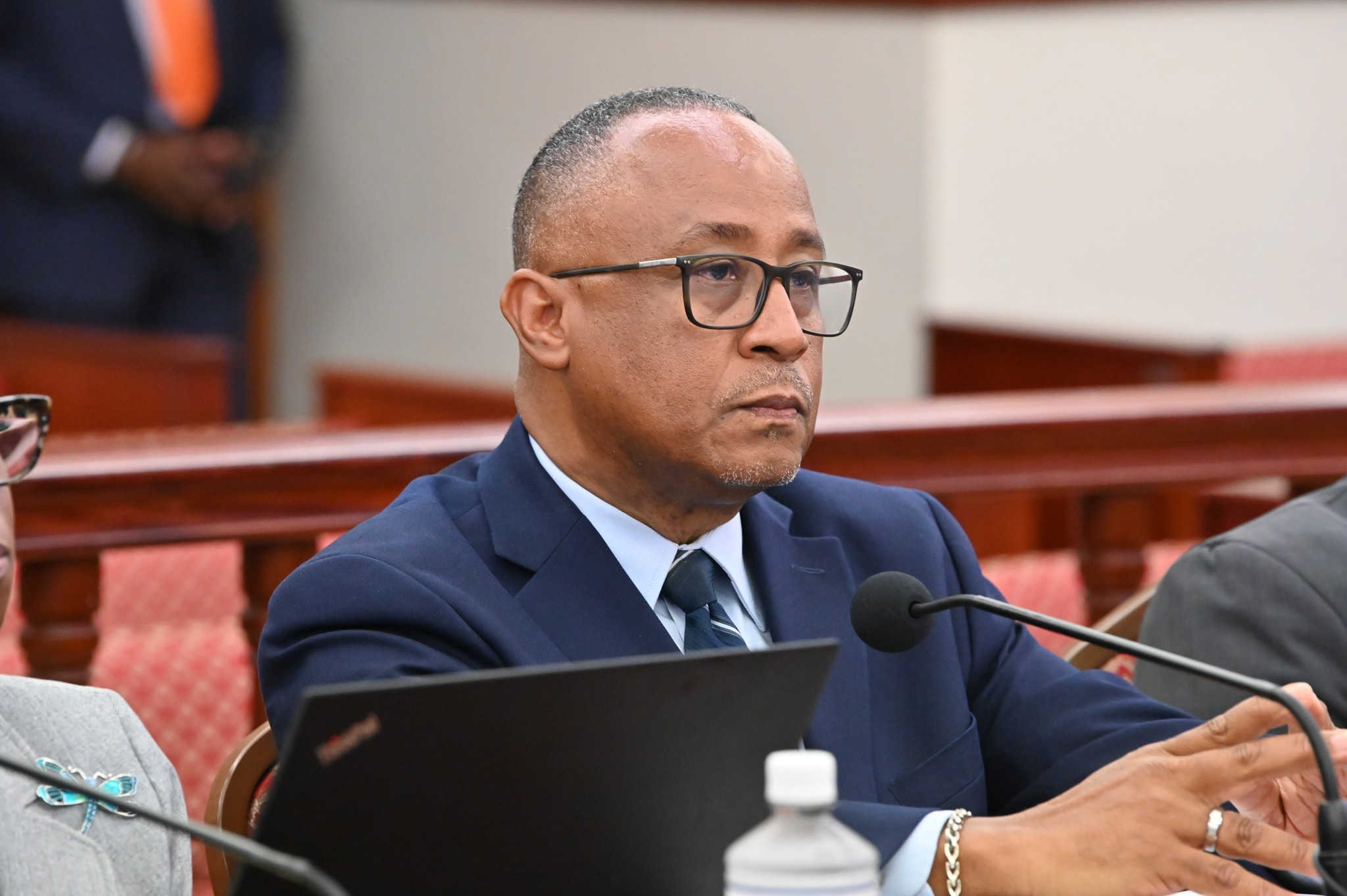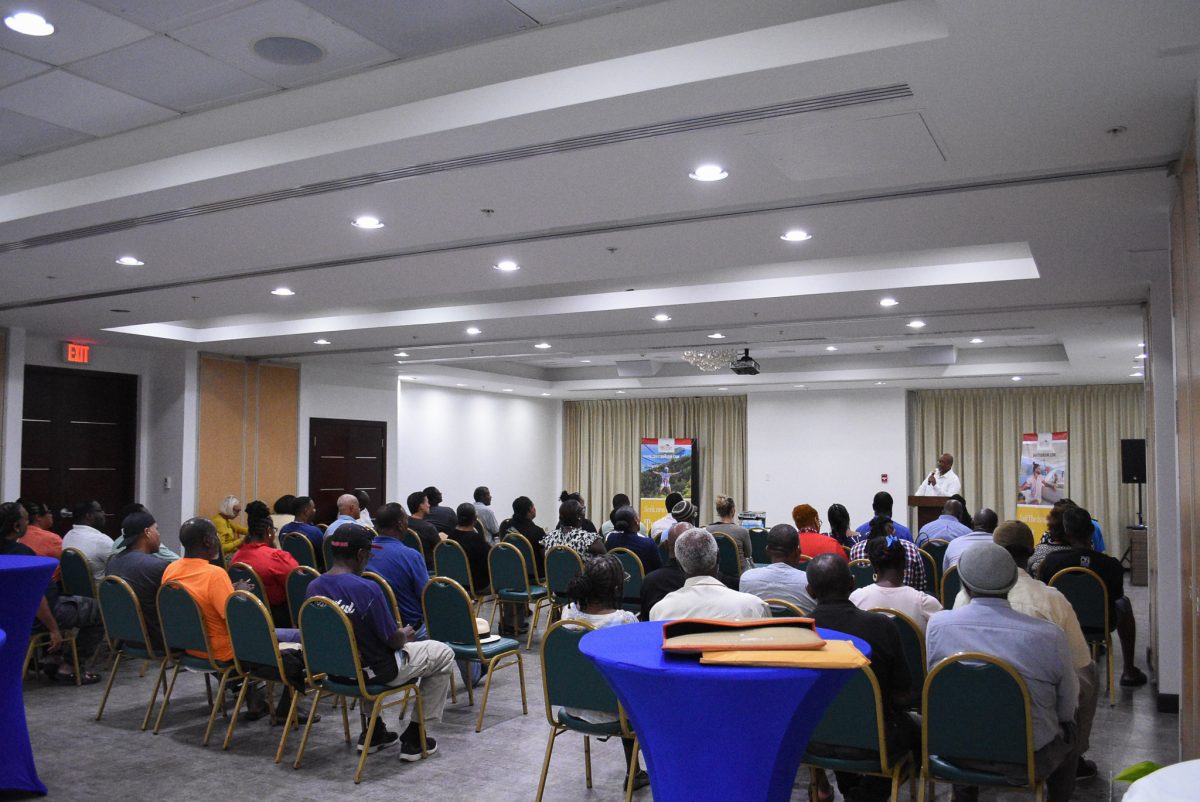No Word on Alternative Revenue Solutions as GERS Pushes Forward With 3 Percent Employer Contribution Hike
 31 October 2024
31 October 2024


A meeting between representatives of the Government Employees Retirement System and officials of the executive branch of government yielded nothing to deter GERS from implementing a 3% increase in required employer contributions come January 1, 2025.
“We presented our financial position with respect to the cash flows,” said GERS Chief Executive Officer Angel Dawson. “We just reiterated that the System is still about 10% funded, and that despite the cash flows that were scheduled to be received from the Special Purpose Vehicle there's still the potential for the system to be insolvent somewhere around 2037, 2038.”
The meeting did not result in any firm decisions from Governor Albert Bryan Jr. or his team, Mr. Dawson said, responding to a question from GERS Trustee Andre Dorsey, who stated he had requested to participate in the meeting but was not included. According to Mr. Dawson, Government House indicated that “they were looking into some potential pockets of funding that they were able to identify." “I assume that when they comb through whatever research, they will reach out to us at that point," Dawson said.
Thursday's GERS board meeting did not include any discussion on alternative strategies the pension system may be exploring to address its immediate funding needs, apart from relying on additional contributions from the already financially strained government. With a diversified asset portfolio valued at $524 million, GERS holds significant potential for generating revenue through avenues that could reduce its dependency on government funding.
Mr. Dorsey suggested that a stronger, more formal case be made for executive and legislative branches to agree on direct support for the GERS, a request the system has itself made – and had rebuffed – more than once before. “I still think we as a board need to present to the governor the importance of the administrative costs being covered,” said Mr. Dorsey. “From a board position, we need to at least…put something in writing, indicating the importance based on what our advisors explained to us at our retreat,” he urged.
Mr. Dawson said GERS's position had been well represented to lawmakers and to the governor, however Mr. Dorsey expressed the belief that the GERS position be pressed further. “We need to take a position with the governor…to just say ‘Hey, we need this administrative cost covered.’” In that scenario, Mr. Dorsey was confident that “this will help offset any possible unfunded liabilities that we see in the payouts coming from the note.”
The issue stems from previous optimistic projections of a $13.25 per gallon rate from rum cover-over funds, which are currently being paid out at a reduced rate of $10.50.
The issue centers on the excise tax revenue from rum "cover-over," which was initially assessed in the securitization agreement at a rate of $13.25. However, this rate has since fallen to $10.50, with no clear consensus in Congress on when or if the higher rate will be restored. This decrease has significantly reduced payments to the GERS, undermining the financial foundation of the carefully negotiated securitization deal. Although the V.I. Public Finance Authority asserted that the agreement could endure at the lower rate of $10.50, it also voiced confidence that Congress would eventually reinstate the $13.25 rate. Yet, nearly two years later, this optimistic outlook has yet to materialize, with no resolution in sight.
While acknowledging the administration's discomfort with the increased contribution requirement, CEO Dawson noted that he was clear about the position of GERS at this time. “We are entitled to do it by statute…and it would be highly irresponsible, and a dereliction of duty if us as a Board has a potential pool of money somewhere that we’re legally entitled to, and we don't ask for it.”



